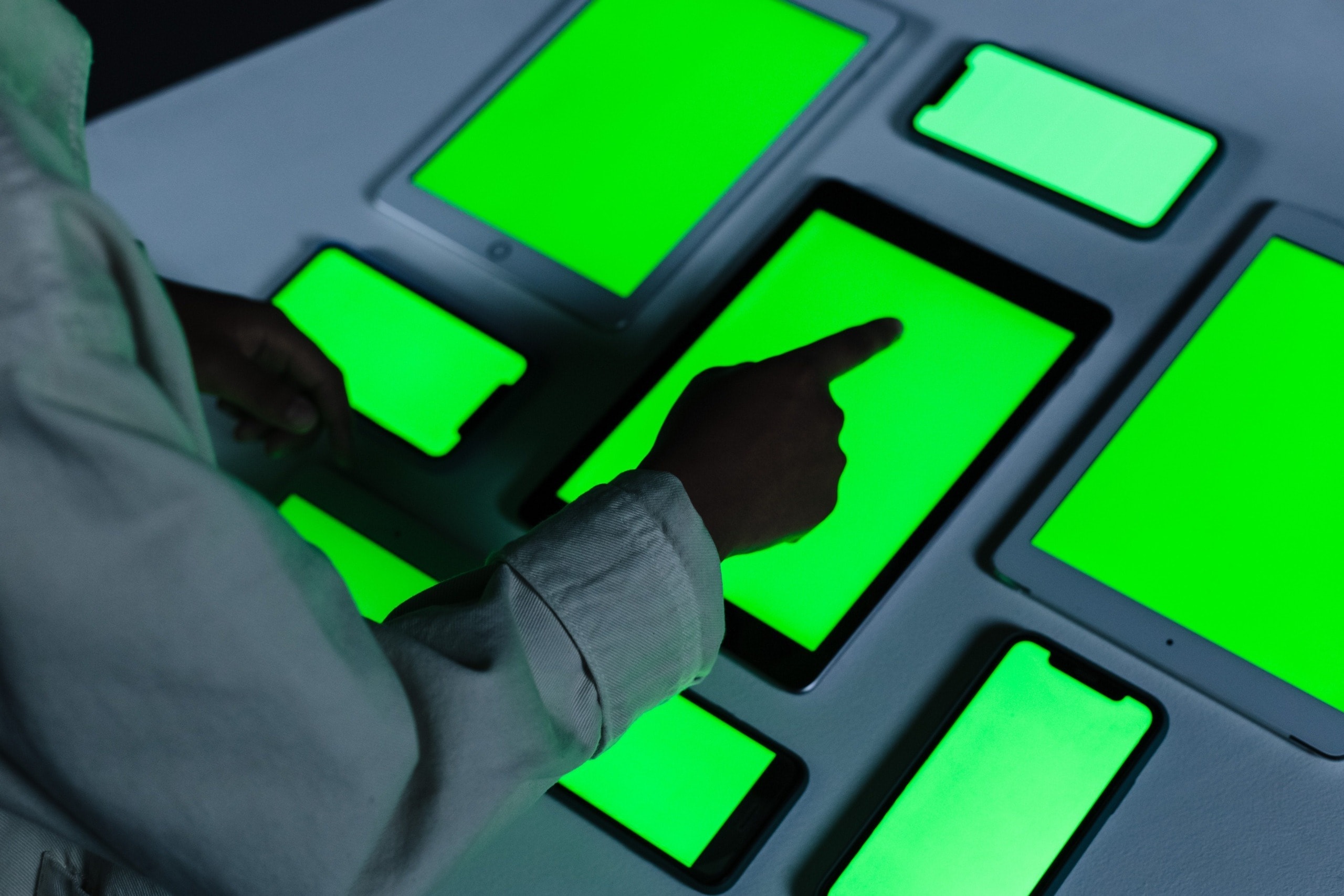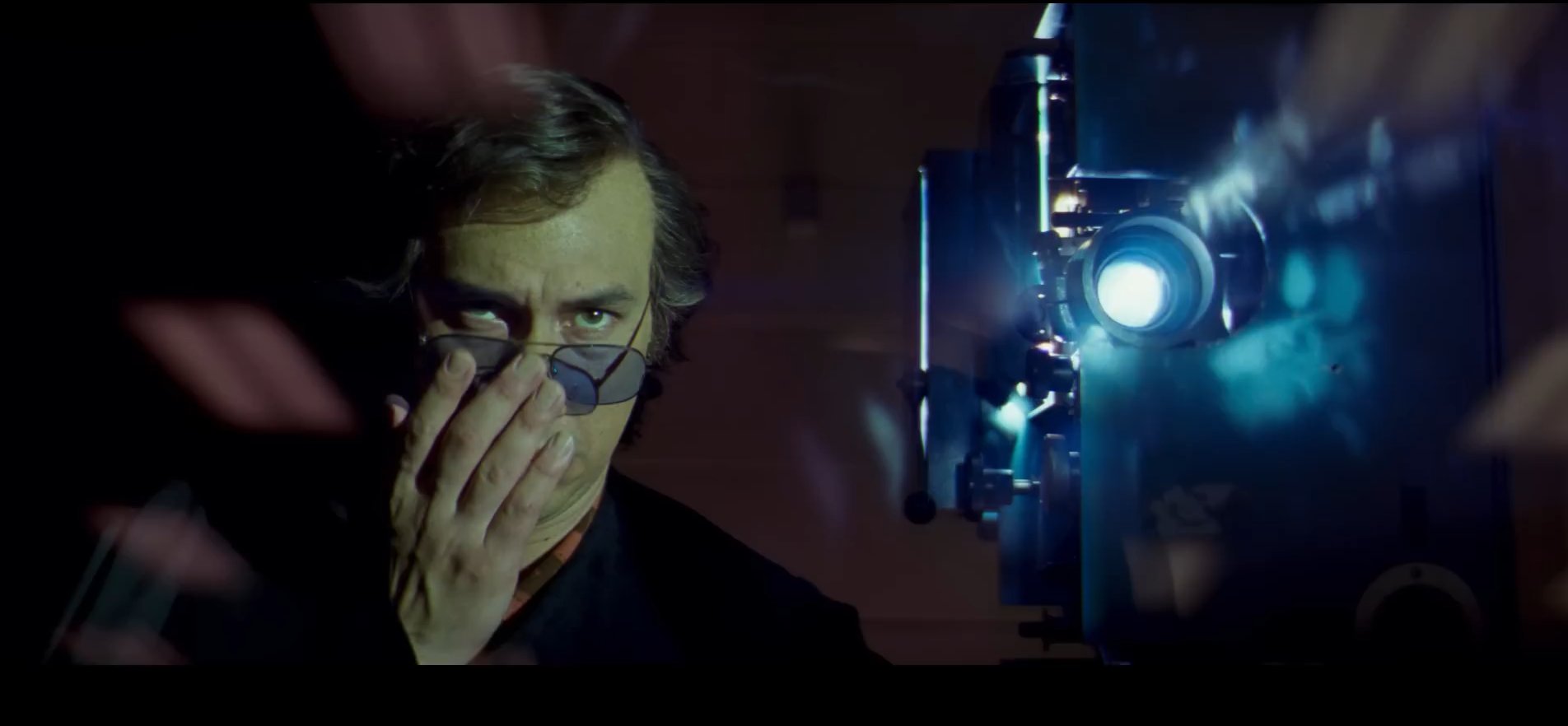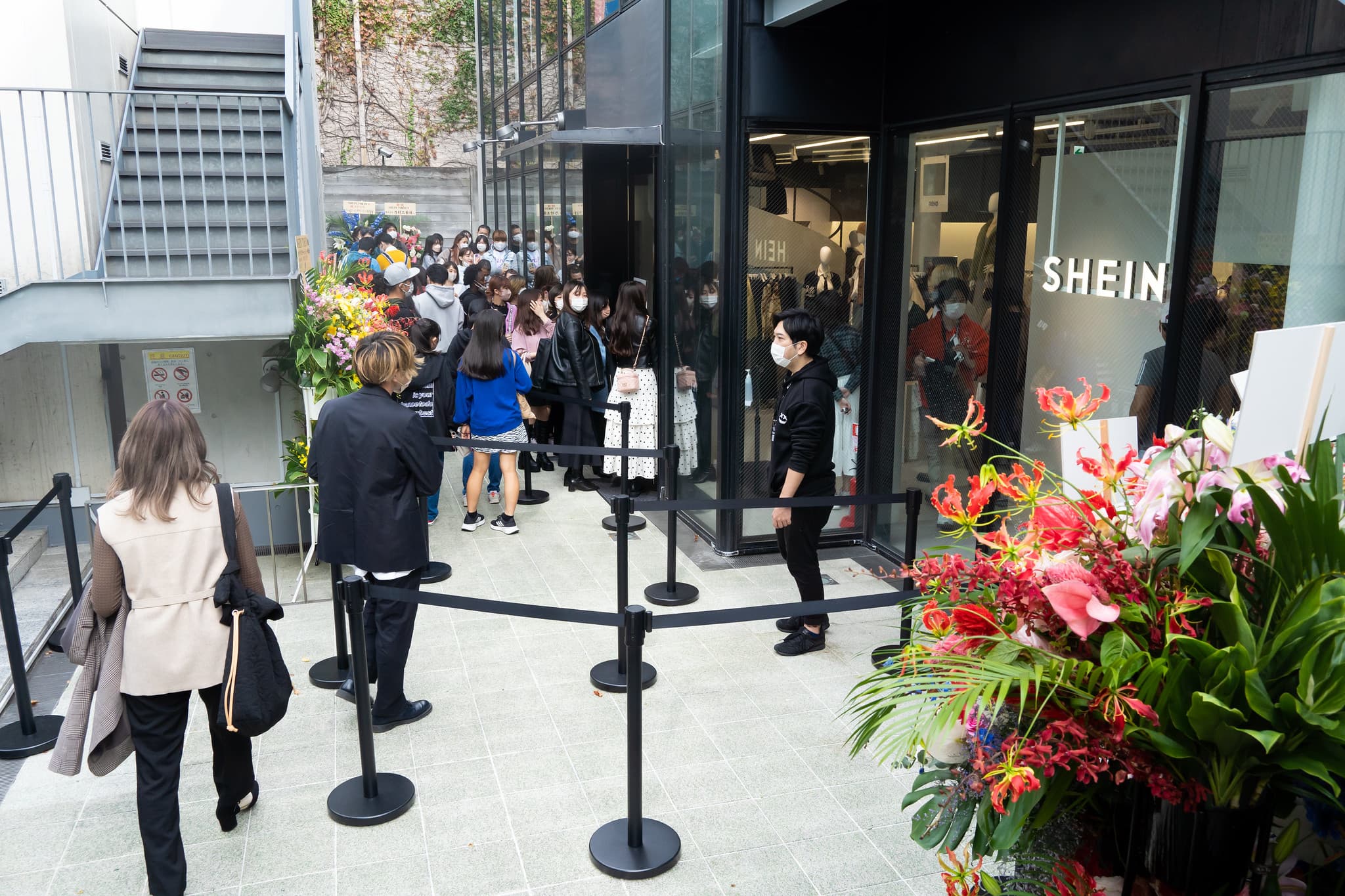First aired in December 2011 with its iconic inaugural episode, “The National Anthem,” and since totting up a total of 26 more episodes, an interactive film, 109 nominations and 33 awards; the gripping anthology series, Black Mirror, is back with its sixth season.
Over the years since its debut, the show has opened the eyes of audiences to a fictional yet eerily close-to-home reflection of the present and possible realities of modern society, and on June 15, five brand new episodes (or “nightmares”) dropped on Netflix as part of the show’s latest installment.
If you haven’t seen Black Mirror before, then you may be wondering: What’s the premise of the show? What’s it all about?
Very briefly, to get you up to speed…
What is Black Mirror?
The synopsis on Netflix reads: “Twisted tales run wild in this mind-bending anthology series that reveals humanity’s worst traits, greatest innovations and more.”
The truth is, it’s somewhat hard to pin down, which in many ways is what makes it so compelling. Often disturbing, dystopian and perplexing – yet still patently clear-minded – you could say Black Mirror cuts through the noise and has a kind of dark “je ne sais quoi” quality to it.
“It should be a series that can’t be easily defined, and can keep reinventing itself,” Brooker recently told Netflix as he explained how season six incorporates some unexpected new elements that might surprise you.
In an article Brooker penned for the Guardian just before the first episode was released back in 2011, he said that Black Mirror is set in the area “between delight and discomfort,” going on to explain that “each episode has a different cast, a different setting, even a different reality. But they’re all about the way we live now – and the way we might be living in 10 minutes’ time if we’re clumsy.”
It’s the kind of show that keeps you watching through your fingers – nervous but nightmarishly curious about what’s coming next and whether it could happen in real life.
What’s the inspiration behind the show’s title? “The ‘black mirror’ of the title is the one you’ll find on every wall, on every desk, in the palm of every hand: the cold, shiny screen of a TV, a monitor, a smartphone,” explained Brooker in the 2011 Guardian article.
But anyway…
Back to Black Mirror Season 6
What potential reflections of humanity might you come across in this latest installment?
Some spoilers ahead – but mostly just a few examples as food for thought…
https://www.youtube.com/watch?v=5jY1ecibLYo
Artificial intelligence
Technology is a theme featured widely in previous seasons of Black Mirror – and season six is no different (though it doesn’t feature in all episodes).
Episode one, “Joan is Awful,” kicks the season off with an eerily timely tale of an average woman whose life gets completely derailed when she finds out that the streaming giant “Streamberry” is making an AI-generated show out of her daily life.
Though this episode (like others before it) appears to broach the topic of advancing AI, Brooker has expressed on numerous occasions that Black Mirror is not a show about tech being bad.
Earlier this month, explaining the concept behind Black Mirror to Esquire, Brooker said: “‘Humans are weak’ is the story, rather than technology is evil, because I love tech.”
Consent, control and perception
In addition to zeroing in on AI, there are numerous other themes that seem to be thread throughout the first episode.
For example, the turmoil of the episode’s main character, Joan, seems to partly stem from something we’re all probably guilty of: Not actually reading the small print.
“Always remember to read the terms and conditions before [you] sign something,” the episode’s director, Ally Pankiw, told Netflix.
What’s more, “Streamberry’s” AI-generated adaptation of Joan’s life appears to embellish the events of her daily life and render the world’s perception of her outside of her control.
“‘Joan Is Awful’ is ultimately about consent,” Pankiw also said. “It’s about how women are consumed by media and by society.”
“It captures how hard it is to be a woman and be perceived and seen by the rest of the world, to be judged in every situation slightly differently than you intended, obviously to an exaggerated degree in Joan, but there’s a truth to it,” Jessica Rhoades, the show’s executive producer, told Netflix.
The “true crime” craze
Episode two, “Loch Henry,” depicts two young film-makers as they make a documentary about the shocking story of a serial killer in a Scottish town; ultimately uncovering a truth that’s closer to home than initially expected.
The episode explores how “true crime” documentaries on real-life crimes appear as “high-end” forms of entertainment nowadays.
Related Articles: Why Are Mermaids so Culturally Powerful? | ‘All Quiet on the Western Front’: Oscar Nominee Offers a Dark yet Fresh Take on WWI | ‘RRR’: The Indian Film Disrupting Hollywood’s Award Season | Avatar Inspires Activism: An Environmental Message From the World of Pandora
“True crime documentaries look so high-end now,” Brooker told Netflix. “They’re so classy-looking that it helpfully disguises what you’re there for. You know what you’re there for. You’re there to have a good old bloody gawp.”
Brooker went on to compare true crime documentaries to a gourmet burger: “You’re still eating something full of fat and salt, but because it’s called an artisan burger, you almost feel good about yourself rather than like a horrible pig.”
“Isolation, loneliness and confinement”
Episode three, “Beyond the Sea” – though according to Netflix, “it didn’t start out that way” – appears to touch on a concept that most of us are familiar with after spending extended periods of time at home or alone during COVID-19 lockdowns.
“The story does deal with isolation, loneliness and confinement — all things we felt during the pandemic,” Brooker told Netflix.
Sometimes referred to as the “pandemic episode,” the third episode is set in an “alternate 1969” where two astronauts on a deep space mission are separated from their families, only able to interact and connect with them remotely via android “replicas” back on Earth. As you might expect, things take a turn for the worst.
“Invasive paparazzi”
Episode four, “Mazey Day,” appears to touch on tabloid culture from the 2000s; the episode follows both a Hollywood actress who’s hounded by “packs of invasive paparazzi,” as well as one of the paparazzo’s who’s tracking her down.
“The story is set before everyone has a camera in their phone, and there is a crueler attitude toward people in the public eye,” Brooker told Netflix.
Marginalisation
As Brooker explained to Netflix, the final episode, “Demon 79,” co-written with Bisha K. Ali, is “different-yet-adjacent to Black Mirror.” It opens with “A RED MIRROR FILM” in its title sequence and is described by Netflix as a “retro horror-fantasy.”
Set during the Cold War, in Northern England in 1979, episode five follows the story of Nida; “a meek sales-assistant” who conjures a demon that tells her she must kill three people in three days to prevent the nuclear apocalypse.
On Nida’s killing spree, as Netflix explains it, she “taps into her own rage that’s built up after being marginalized by the people in her life,” including a racist co-worker and a politician with fascist policies.
“Five new episodes. Five new nightmares”
If you haven’t seen Black Mirror yet – season six or any of its predecessors – then it’s an existential eye-opener that you won’t want to miss. As Netflix recently described the show’s sixth season: “Five new episodes. Five new nightmares.”
Watch yourself. pic.twitter.com/kqrjI3kwu0
— Black Mirror (@blackmirror) June 5, 2023
Perhaps the stories could even bring some form of comfort, as Brooker alluded to in an interview with GQ in 2017: “There’s something to be said for satire and comedy with the state of the world. Pointing out the madness of things is reassuring to people because other people feel the same.”
“It’s good to know other people are scared as well,” he went on to say.
Netflix has also recently revealed some “easter eggs” to look out for when watching the sixth season, and has even compiled a list of 16 Black Mirror episodes “for every type of mood.”
If, however, you have already seen the previous seasons – or even all 27 episodes to date – then why not rewatch them? You might realise things you didn’t notice before, or that new layers of the Black Mirror shared universe are revealed – and it will surely reframe the way you look at the present-day real one.
There’s no time like the present. pic.twitter.com/Cx32lhMi2R
— Black Mirror (@blackmirror) June 15, 2023
Editor’s Note: The opinions expressed here by the authors are their own, not those of Impakter.com. In the Featured Photo: Person standing in front of devices on a table. Featured Photo Credit: Ron Lach














